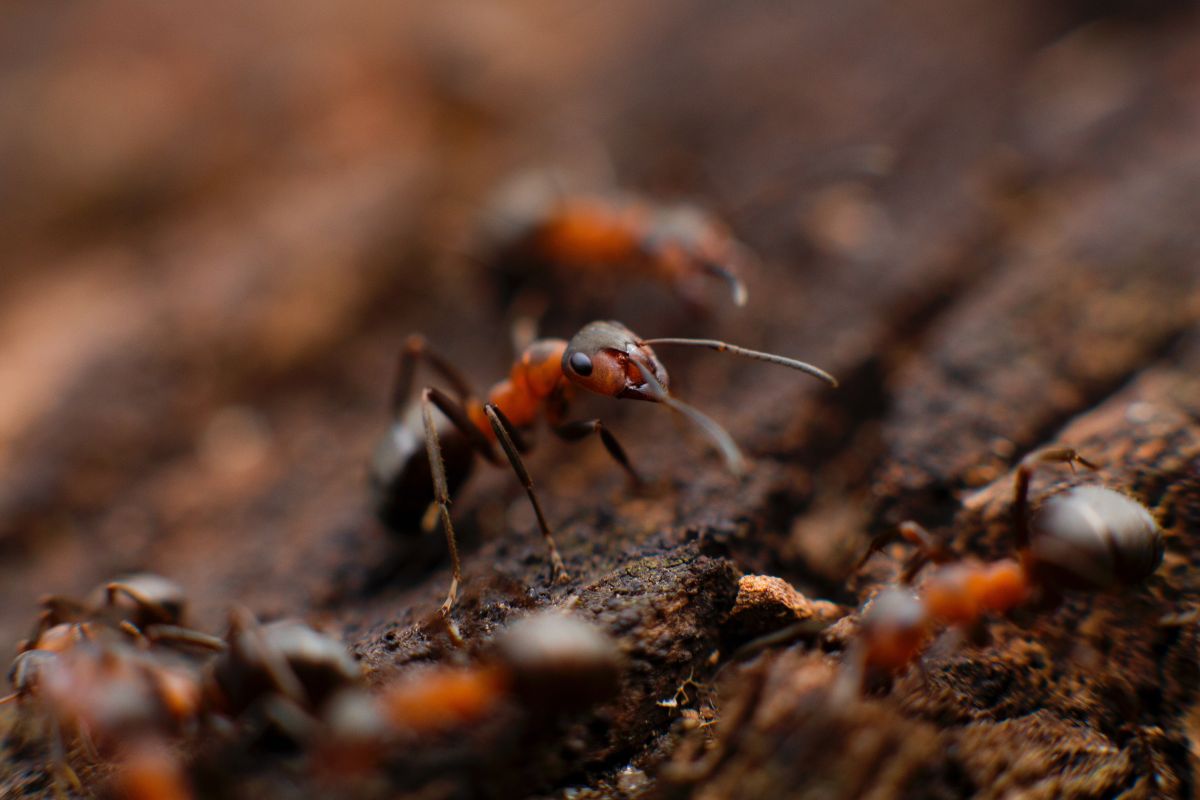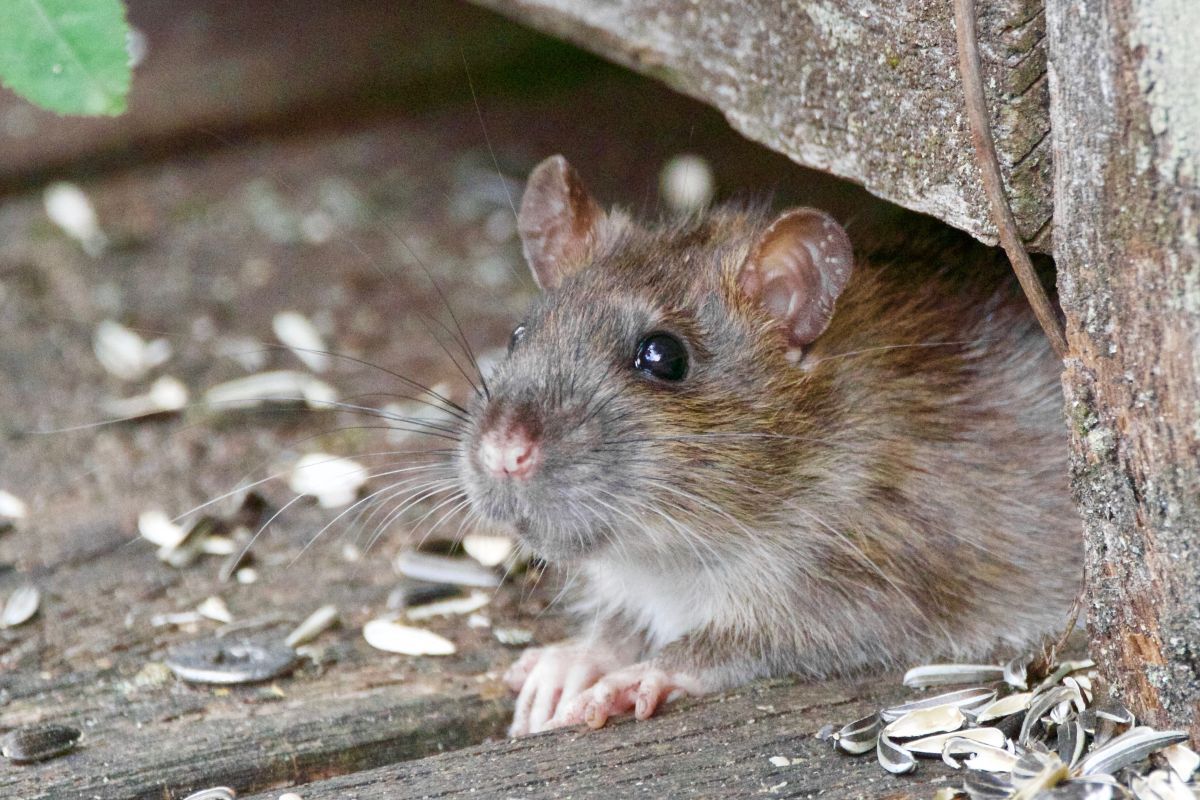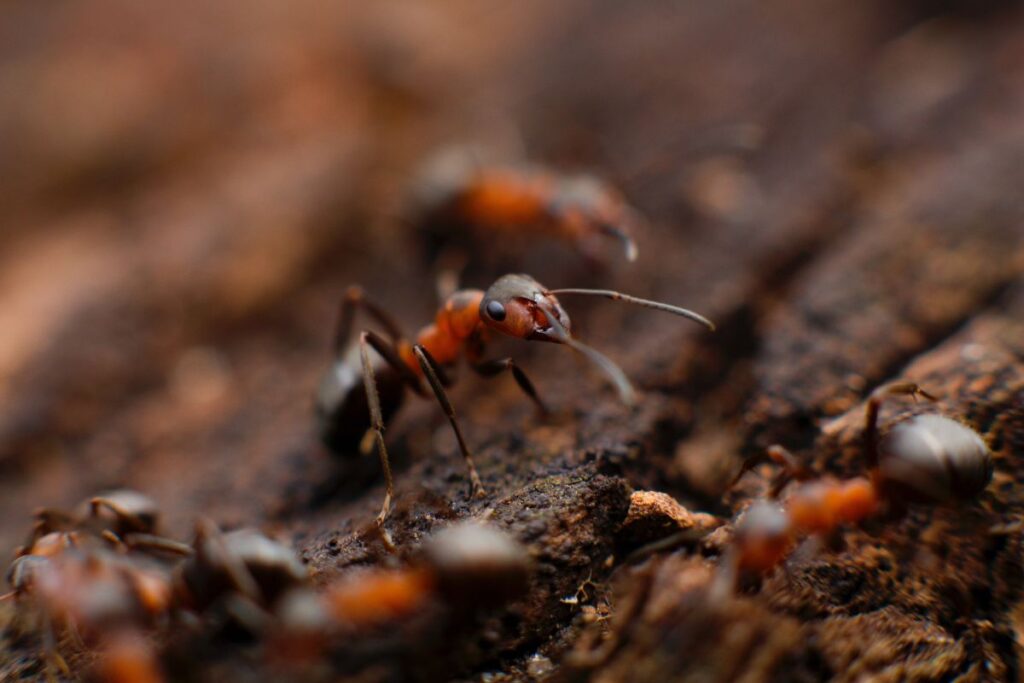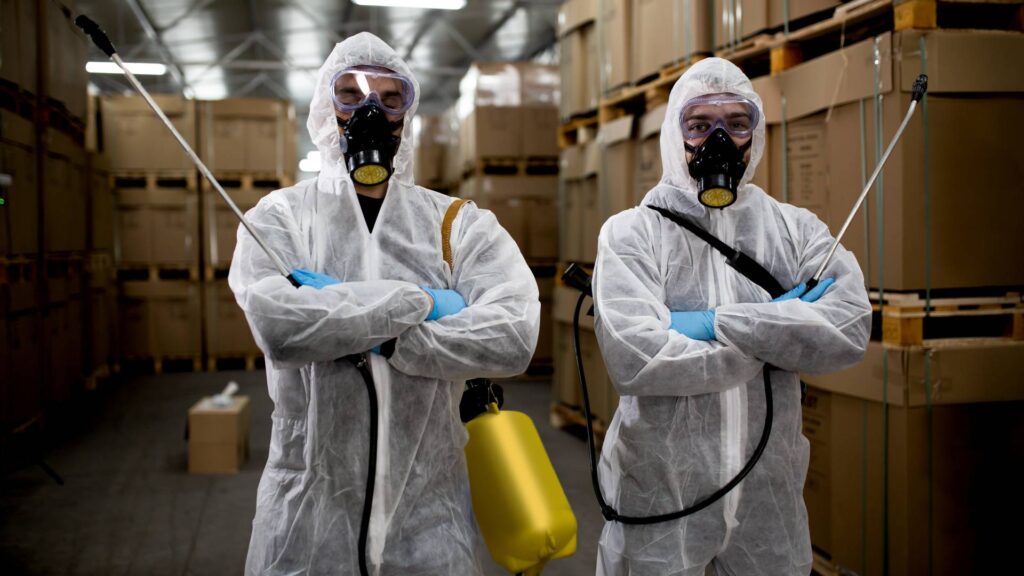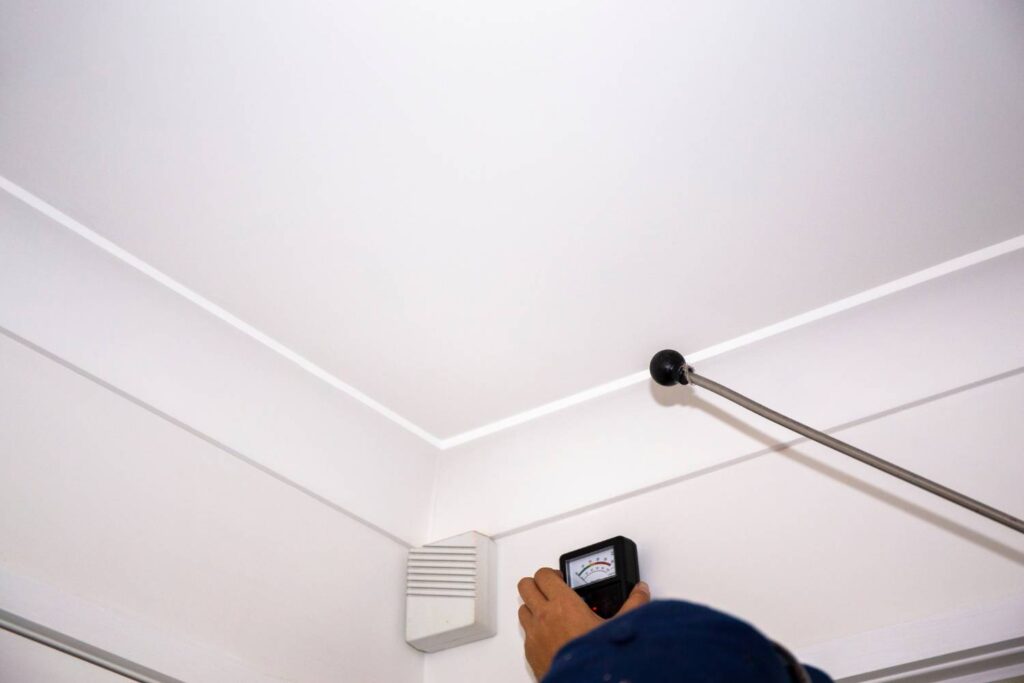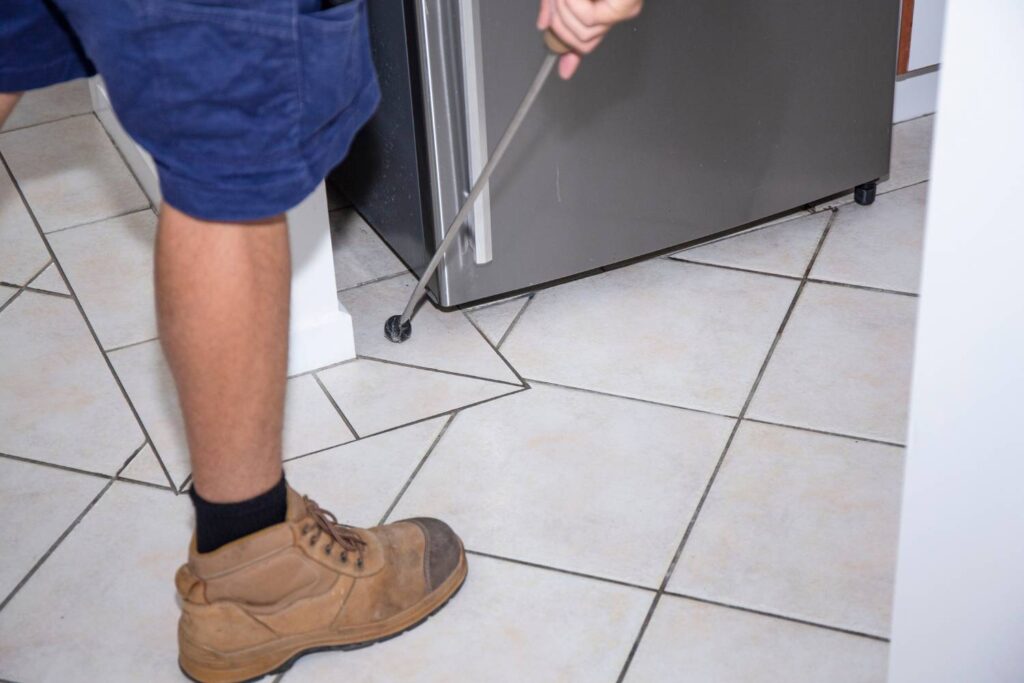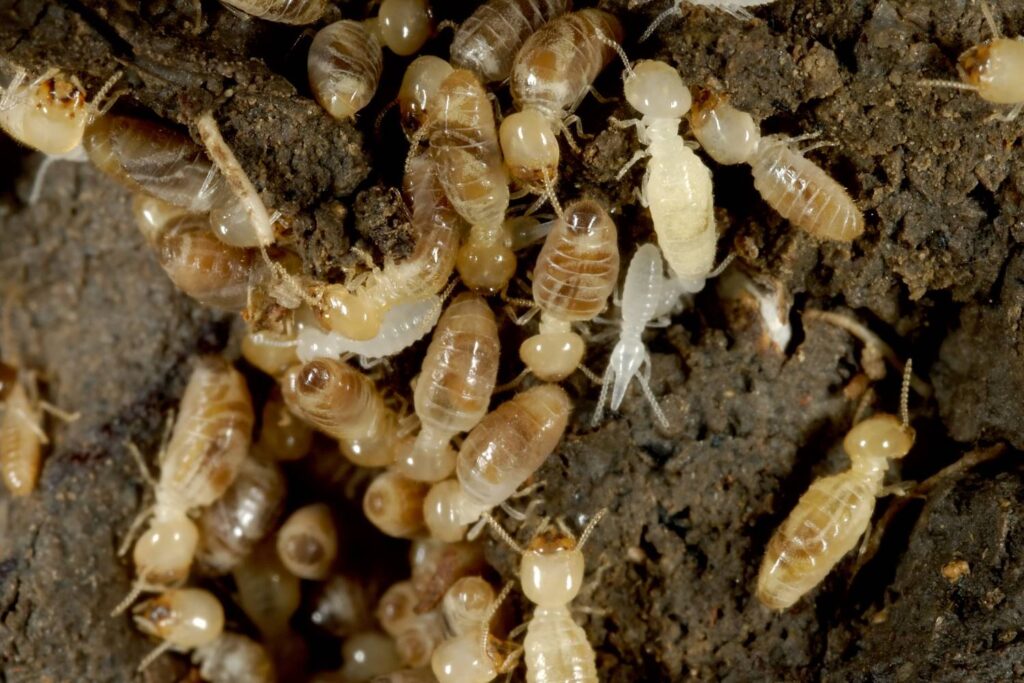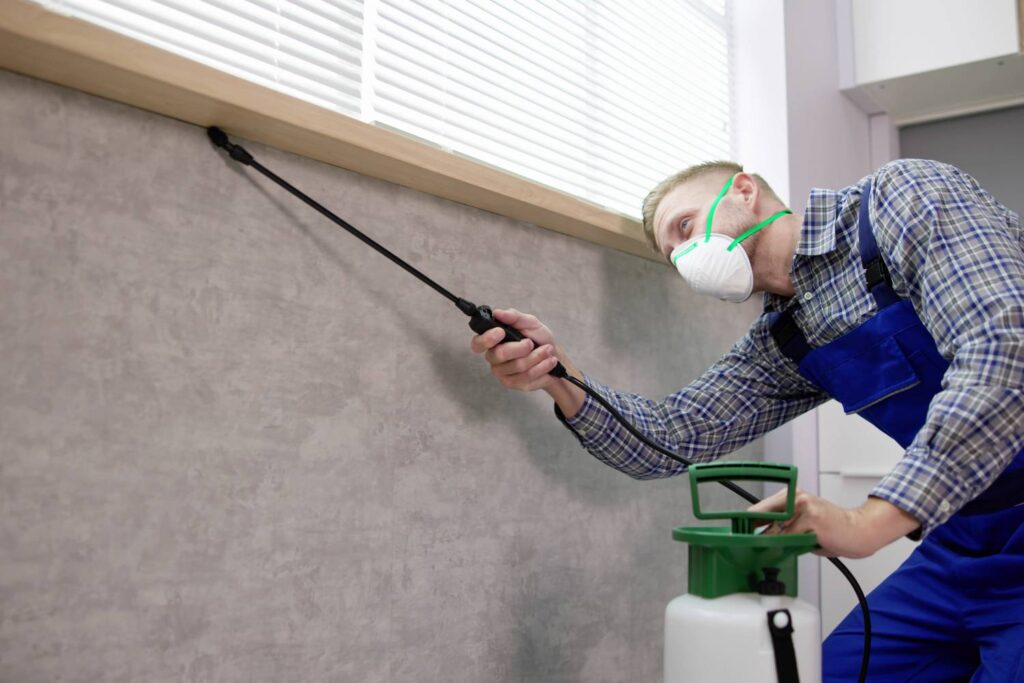Have you had it with the ants invading your kitchen or the spiders in your closets? Understanding the signs of an impending pest infestation is crucial for protecting your house from this catastrophe. Exactly when should you start using pesticides in your house?
When you notice bugs in your house, prompt action is required before the infestation gets out of hand. Whether you've spotted a single cockroach or a trail of ants, don't let the situation fester until it's out of control. Taking immediate action can prevent further damage and the need for expensive repairs.
Ask a professional for advice if you need to know if you need pest treatment. Expert advice says that the best way to keep unwanted pests out of your home is to keep an eye out for them and take preventative measures as soon as possible. In the long run, you'll save time, money, and stress if you inspect and treat the problem regularly.
Remember that prevention is always preferable to a reactive response.
Keep pests at bay by sealing cracks and crevices, regular cleaning, and proper waste disposal. Preventative steps and prompt, professional assistance will keep your house pest-free and your family healthy.
Therefore, please do not put it off till later. Avoid the hassle and expense of dealing with a pest infestation by taking the required precautions to keep your house pest-free. Keep your family healthy and safe for many years with just a little work and some professional advice.
How To Tell If Your Property Is Pest-Infested?
Being aware of when and where you have a pest problem and always remaining cautious are the first steps in keeping your property pest-free. Next, we need to use cunning and deception to defeat these pests. Even though pests are experts at camouflage, numerous telltale signs indicate an infestation in your home.
When the seasons change, so do the pests and the things they do. For additional information on winter pests, see here. However, there are obvious and widespread indicators of pest infestations at any time of year. The following are symptoms of a pest infestation:
Droppings
Signs of an infestation include the presence of pest droppings (or faeces). Black bean-shaped and "smelly" droppings may indicate a rodent infestation. Racoons may be present if you notice an unusual amount of small, dark granules on the floor, especially in shaded regions. The presence of little pellets of wood on the floor suggests the presence of termites. You can identify exactly what kind of bug problem you're dealing with by looking at the droppings. This should prompt you to seek the assistance of an exterminator.
Smells
You can tell you have an active infestation not just because of the droppings you encounter but also because of the stench. Faeces and urine from most pests, including rodents, possums, and birds, have a strong, musty odour that may be detected from a great distance. For example, roaches have an odour comparable to soy sauce, while the odour given out by bedbugs is sweet and musty.
Sounds
It's easy to tell when bugs have taken over a home once you start hearing scurrying, squeaking, nibbling, and scratching. Most of these noises would originate from tight, dark spaces like the attic, ceiling, or cabinets, where the pests are likely to hide. So get rid of the clutter in these areas so you don't attract unwanted bugs.
Nesting
Shredded paper, fallen leaves, and stray bits of wood or fuel are all signs that a couple has been reproducing.
Physical Damages
Signs of infestation include holes, chewed wire, nibbled furniture, and scratched or torn food packaging. In addition, if you notice any of these signs, it's time to call in an exterminator to assess the situation and take any preventative measures.
How Many Various Kinds Of Pest Infestation Are There?
A wide variety of pests could invade your workplace. Infestations come in many forms; these are some of the most frequent ones you might face.
Insects
Ants
Ants are an unpleasant pest that may quickly become a nuisance in a commercial setting due to their tendency to travel in huge colonies. They disperse in search of food but gather in large numbers around a reliable supply. Some of the most obvious indications of an ant problem are:
- Sawdust trails
- Seeing ants in an area
- Sounds of rustling, possibly coming from behind a wall or outside of sight.
- The wooden beams sounded hollow.
- Mounds of soil are commonly used as ant nests.
Flies
Flies, one of the most common pests, may quickly become a pervasive nuisance in commercial spaces due to their rapid reproductive rate (one female fly can lay up to 180 eggs at a time). Fly infestation symptoms typically include:
- Observing frequently flies at one location.
- Maggots, or fly larvae, are a common pest.
- The presence of decaying insects.
Cockroaches
Due to their foul smell and annoying hissing, cockroaches are among the most reviled bugs. They look like little, round, brown or black insects with long, thin antennae. The following are common signs of a cockroach infestation:
- Excess cockroach body parts
- Greasy odour
- Cockroach eggs (usually reddish-brown and ranging between 5-13mm in length)
- Droppings
Rodents
Rats and or Mice
Mice and rats are among the most dreaded pests because of the illnesses they spread. Although they are frequently kept as pets, rodent infestations can put humans at risk for various diseases. Infestations of rats and mice often show the following symptoms:
- Droppings
- Signs of chewing, packaging, on furniture, or other materials
- Excess nesting material, such as organic material like leaves or shredded paper
- Footprints and or trails
- Rustling noises
- Ammonia odour
Birds
Pigeons
Pigeons are a common but often overlooked nuisance that may cause serious damage to commercial buildings, especially restaurants. Possible indicators of a pigeon problem include:
- Shredded nesting material
- Regular bird noises - from chicks, for example
- Droppings
- Damaged stock due to pecking
How To Prevent Pest At Home?
Several methods exist for warding off unwanted bugs in the house:
- Keep your home clean: Clutter and food attract pests. Keep food in air-tight containers and clean up any messes right away. Maintain a consistent garbage removal, dusting, mopping, and vacuuming schedule.
- Seal up entry points: Insects and other pests can easily enter a home through the smallest crevices. Caulk or weather stripping can be used to close off any gaps that intruders could use.
- Fix leaks: When there's wetness around, pests show up. Reduce indoor humidity by fixing any leaking pipes or faucets.
- Store firewood away from your home: It's preferable to keep firewood in a separate location from your house since pests love to make a home in it. Don't let it get lower than 20 feet in the air.
- Trim bushes and trees: Pests can easily enter your home through overgrown hedges and trees. Cut them back so they don't touch your house.
- Use pest control products: Sprays and traps are only two examples of the many pest management tools at your disposal. Make sure to read and follow all safety warnings before using.
The Benefits Of Hiring A Pest Control Service
Attempting to apply powerful pesticides yourself is hazardous to your health and property. The research found that improper use of an OTC pesticide accounted for 65% of DIY pesticide-related illnesses. A trained exterminator can eliminate the bugs plaguing your home by applying the appropriate insecticide. The advantages of using a professional pest control service are as follows.
Specialized Plans
It's upsetting to witness bugs eat through the hard work you put into setting up your house. A professional pest control service will tailor an approach to your needs. First, they'll thoroughly inspect your property to determine the scope of the problem, the extent of the damage, and the best course of action to ensure the pests don't return. Pre-treatments of the property's perimeter can help keep pests out, especially if the house is brand new.
Put Away Your Hard-Earned Cash
Spending money on insecticides may prove ineffective. You might worsen things if you need to know how much to use. Hiring a pro to fix the problem is better than taking any chances with your home. The materials they employ will be superior to anything you buy in a shop. It's futile to keep up the fight against pests that might develop resistance to standard insecticides, such as bed bugs. A trained exterminator will know how to safely and efficiently eliminate these pests.
Experienced Technicians
Your expert has probably seen a similar situation before they go to many houses to eliminate different pests. They will utilise methods that have successfully eliminated pests in houses like yours.
The exterminator's job is to address your issues and put your mind at ease. They should be able to recognise the pest, describe its habits, and assess the severity of the infestation. You should feel comfortable asking the technician about alternatives to high-toxicity products.
The professionals used by the pest control company should undergo ongoing training to ensure they are up-to-date on the latest pest control practices. For example, if you want to know why there are bugs in your house, your technician should be familiar with pest biology. If the problem's underlying cause is addressed, it won't return.
Flexibility and Time
The majority of exterminators are flexible with their hours to accommodate their customers. Therefore, keep an eye on them without worrying about the time or having to hurry up and shut the door once they leave.
A Safe Home and No More Pest-Related Messes
Insects and other pests commonly use wood to make their nests. The stability of your house will decrease as a result of this. However, you may get rid of the bugs fast, before they do extensive damage to your home, by calling in a professional pest control service. If you try to eliminate pests alone, you'll have dead rodents, bugs, and pest droppings all over your house. If you hire a pest control service, you won't have to deal with this problem.
The Different Methods Of Pest Management.
Various pest management techniques can reduce or eliminate Insect and rodent populations. Insect and rodent control methods include the following:
Chemical Pest Control
Chemicals are used to reduce or eliminate pest populations. Sprays, baits, and dust clouds are all viable delivery mechanisms for these compounds.
Biological Pest Control
The number of pests is kept in check by their natural predators or parasites. Methods include releasing a sterilising substance to limit the pest's reproductive potential or releasing a predator or parasite that will feed on the pest.
Physical Pest Control
Physical measures, like traps, might be put in place to keep unwanted pests out of a building. Closing off possible entryways, installing mesh screens, and laying sticky traps are all good methods.
Cultural Pest Control
Using this strategy entails making the surrounding area less inviting for pests. Some examples are sanitising regularly used areas and eliminating potential food and water sources.
Integrated Pest Management (IPM)
This strategy integrates many strategies for eliminating pests into one coordinated action programme. Monitoring pest populations, identifying individual pests and their behaviour, and enacting a specialised pest management strategy are all standard IPM practices.
Remember that the specific insect and the degree of infestation will determine the pest management strategy employed. For successful and safe pest management, speaking with a competent pest control provider and adhering to all applicable safety procedures is vital.
Frequently Asked Questions About Right Time to Control Your Home for Pests
It's generally a good idea to have pest control before moving into a new home, especially if the previous owners had pets or there are signs of pest infestations. This will help ensure that your new home is clean and free of unwanted pests, such as rodents or insects, that can be difficult to eliminate once they've established themselves in the space. Additionally, having pest control done before moving in can give you peace of mind and help prevent any potential damage to your belongings from pests.
So if you're concerned about pests before moving into your newly built home, you can have an inspection and interior crack and crevice spray done beforehand to ensure pests are managed. In newly built homes, we've found mice, ants, and other general insects like spiders, crickets, earwigs, and silverfish.
Generally, cleaning inside the property should include the following:
- Cleaning windows.
- Wiping down surfaces and cupboards.
- Wiping skirting boards.
- Cleaning bathrooms and toilets and hoovering throughout.
The garden, sheds, and garages should all be swept and windows cleaned. Leaving a clean fridge and oven is very important.
Preventing Pests
- Remove any sources of food, water or shelter.
- Store items in safe and enclosed containers.
- Dispose of garbage regularly with a tightly closed lid.
- Reduce clutter or areas where pests can hide.
- Seal and close off any cracks or holes to eliminate outside entry.
Chemical Control. The most common method of pest control is the use of pesticides—chemicals that either kill pests or inhibit their development. Pesticides are often classified according to the pest they are intended to control.


